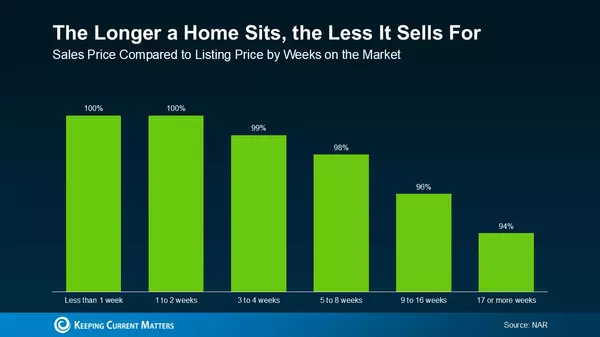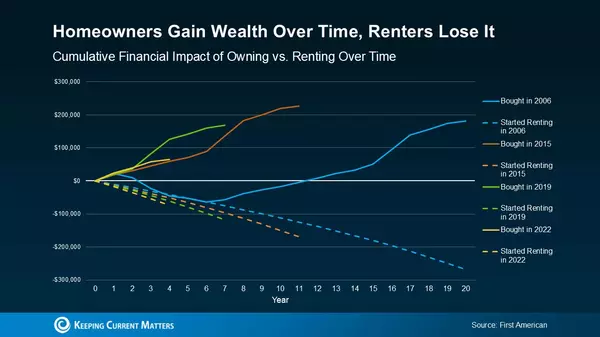Cell Phone-Free Classrooms: Beverly High School Initiates Engaging Learning Environment

"During every learning session, students will need to store their phones in designated 'cell phone lockers.' It's widely acknowledged that the influence of cell phone devices on students' concentration in class isn't surprising, and our aim is to optimize the learning experience they gain from each class," explained Mark Thomas, Principal of Beverly High.
BEVERLY, MA — Starting from the upcoming school year, Beverly High School students will experience classroom time without their phones. Phones will be securely stored in designated 'cell phone lockers' throughout each period. This strategic choice aims to enhance student engagement and decorum while minimizing diversions.
Speaking before the School Committee on Wednesday evening, Principal Mark Thomas of Beverly High informed that students will be required to relinquish their phones for the duration of the 84-minute classes. However, they will be returned to them at the conclusion of each class, allowing usage during lunch and other non-instructional periods throughout the school day.
"Our primary objective is to optimize the time dedicated to instruction," he commented. "The influence of cell phone devices on students' concentration during class is a well-known fact, and we aspire to optimize the educational benefits they derive from their classes."
Superintendent Sue Charochak and Thomas mentioned that the policy drew inspiration from the middle school's regulations, which similarly forbid phones in classrooms, aligning with neighboring school districts' approaches. In a parallel move, Salem is implementing a prohibition on high school students carrying phones during the school day. This will be enforced through the utilization of 'cell phone pouches,' securely locked at the start of each day and subsequently unlocked at day's end.
“At this juncture, the crucial aspect appears to be the act of disconnecting," commented Charochak. "This presents itself as a noteworthy challenge. Perhaps the initial step involves achieving this disconnection, followed by fostering conversations and dialogues."

"However, our primary focus is to actively involve them in learning."
Thomas stated that the initial responses from parents regarding the new protocol have been favorable. He anticipates that students will gradually adapt to the change.
"There could be a few older students who might find this change unfamiliar and not particularly enthusiastic about it initially," he acknowledged. "However, once they settle into the new routine, I believe our students are adept at adapting to whatever initiatives we introduce. When the school endorses a decision, they readily embrace it."
Thomas noted that special allowances would be granted for phone usage based on medical requirements, such as a student with Type 1 diabetes who employs a phone to track blood sugar levels. Additionally, administrators will strive to collaborate with students who find it more challenging to disengage from their phones compared to their peers.
He clarified that the policy will not encompass smartwatch devices.
"We deliberated on the topic of watches," he mentioned. However, our perspective was that if the majority of their classmates have stored their phones, there might not be a significant need for them to receive text messages via watches in the first place.
"We won't be pursuing the route of requiring them to remove their Apple watches. That's not our intention."
The School Committee unanimously passed the adjustment to the student handbook, endorsing the implementation of the classroom ban.
Categories
Recent Posts










GET MORE INFORMATION


